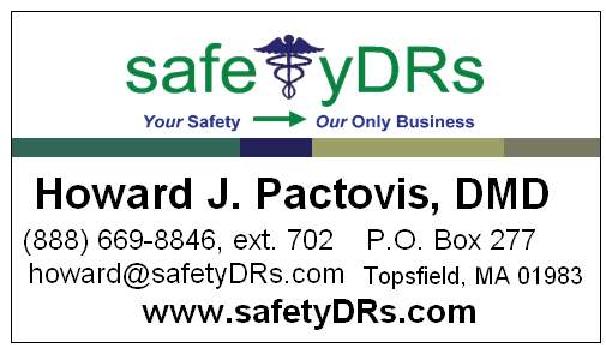
Q. If an employee who handles blood as part of their job is offered the hepatitis B vaccine, but refuses it... what paper work is required?
A. Below is an example of a declination statement which should be signed/dated by the employee and kept on file in the office.
“ I understand that due to my occupational exposure to blood and/or other potentially infectious body fluids, I may be at risk of acquiring hepatitis B virus (HBV) infection. I have been given the opportunity to be vaccinated with hepatitis B vaccine at no cost to myself. However, I decline the hepatitis B vaccine at this time. I understand that by declining this vaccine, I continue to be at risk of acquiring hepatitis B which is a serious disease. If in the future I continue to have occupational exposure to blood and/or other potentially infectious body fluids and I want to be vaccinated with the hepatitis B vaccine, I can receive the vaccination at no cost to me.”

